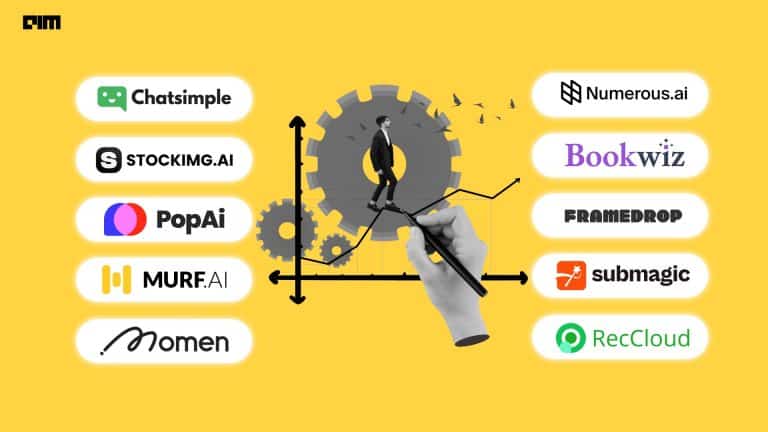|
Listen to this story
|
Works of artists used to create generative AI models have been heavily criticized for being ‘encyclopedic thieves’. Since text-to-anything models have spread like wildfire, several artists have sued the founding companies for theft and using their creative property without consent. The latest addition to the list is American author and comedian Sarah Silverman.
The Seinfeld star has filed copyright infringement lawsuits against Meta Platforms and OpenAI for allegedly using their content without permission to train artificial intelligence language models along with two other authors.
Not just artists but also a prominent law firm based in California filed a 157-page lawsuit against OpenAI for violating privacy laws by secretly scraping 300 billion words from the internet, tapping “books, articles, websites and posts — including personal information obtained without consent.”
Since the genesis of the flagship transformer based product ChatGPT, all eyes have been on the data scraped from all over the world wide web to train the models. Prior to that, last year, Midjourney and other text-to-image models were getting slapped with similar lawsuits.
In response, Stable Diffusion and Midjourney have asked a U.S. federal court to dismiss a group of artists’ class-action lawsuit against them — arguing that that the AI-created pictures were not comparable to their work and that the AI-generated images were not similar to the artists’ work and that the lawsuit did not note specify which exact work was misused.
Getting away with hefty fines
With the rising number of data theft accusations, it looks like Meta, OpenAI, and others don’t care.
As the heap of cases has been piling up since one can remember, the companies mostly get away with a monetary penalty or using ‘Terms & Conditions’ as an excuse to dodge the bullet. When Apple incurred five consecutive fines from the Dutch competition regulator in 2022, it surfaced a debate over whether financial penalties have any impact on big tech’s dominance of the digital economy.
Meta has been paying fines since it was Facebook. The Cambridge Analytica fiasco generated headlines when the Zuck run company got away with a $5 billion fine. However, the fine was not appeased by all the FTC members. Two of the five member commissions called the fine insufficient and said it would do little to change the company’s behavior. Rather than accepting this settlement, commissioner Rebecca Kelly Slaughter believed the commision should have initiated litigation against Facebook and its CEO Mark Zuckerberg.
Commissioner Rohit Chopra dissented by stating “The settlement imposes no meaningful changes to the company’s structure or financial incentives, which led to these violations. Nor does it include any restrictions on the company’s mass surveillance or advertising tactics.”

Since 2015, tech companies including Google, Apple, Meta, Apple, and Amazon have collectively received penalties of over $30 billion. Fines are not just a ‘cost of doing business’ for tech giants, the president of the French Competition Authority Isabelle da Silva stated publicly. “Fines are an element of the identification of what is wrong in the conduct.”
Even investment analysts agree that stock markets view investigations into big tech as a contained risk, which likely results in fines rather than business model changes.
Better regulation is an emergency
While policy makers have been demanding change for nearly a decade now, the regulators have responded with drafts under work in progress including the Digital Personal Data Protection Bill which recently got approved in India. Earlier this year in April, even the European Union implemented the General Data Protection Regulation (GDPR) giving the end consumer the right to control their data.
There is still no formula for punishing the companies like OpenAI for wrongdoings. With the rising number of lawsuits against the Silicon Valley’s darling OpenAI and the rest, users can expect the regulators to figure out a way for tech corporations to ethically fix themselves.



















































































